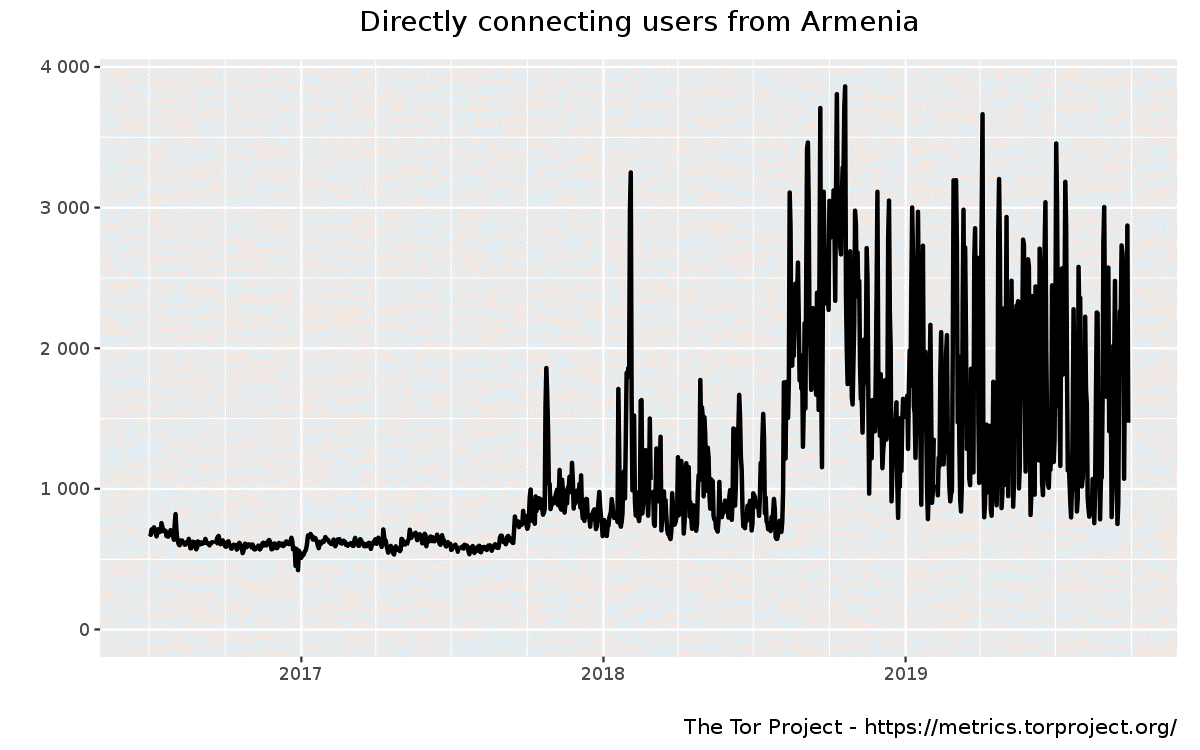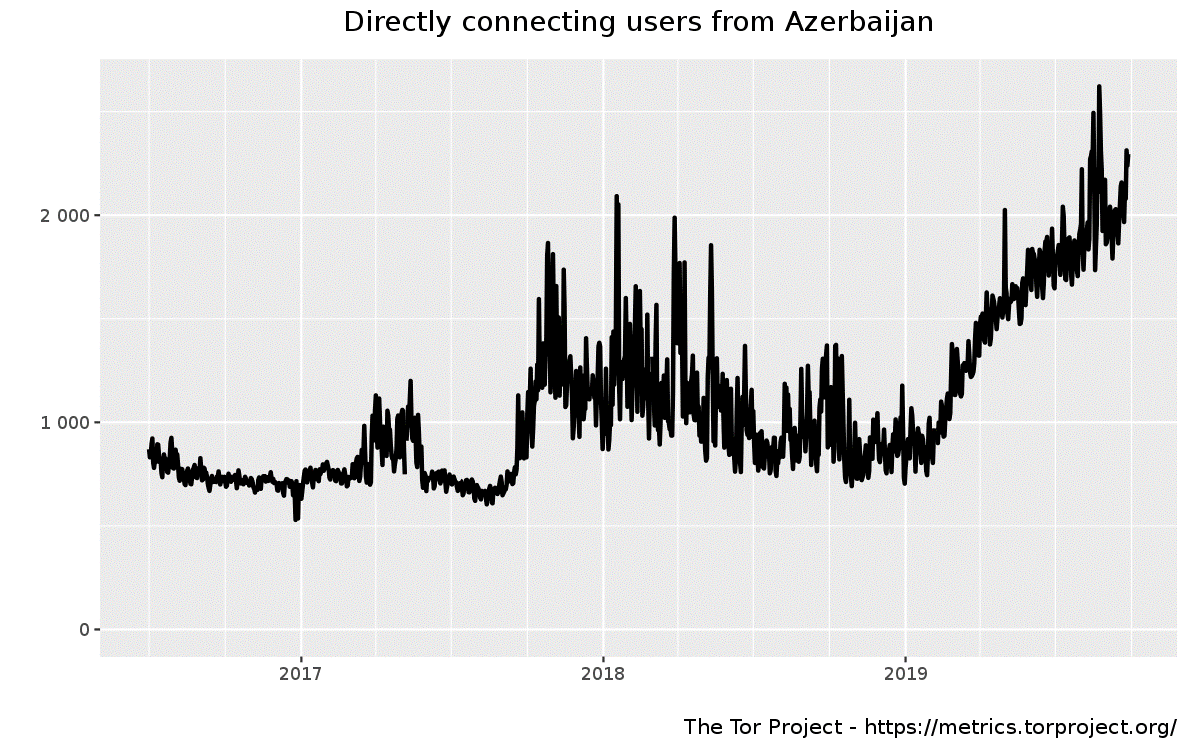Today, many people in the world have access to special programs that allow them to bypass Internet restrictions and protect their anonymity.
Such tools, the most common of which are VPNs, offer several possibilities. On the one hand, they make the connection more secure because it is encrypted.
This means that if a perpetrator or a special service access it, it is extremely difficult for wiretapping to take place over the Internet (if you can call it that in the case of a person’s network traffic).
It also makes blocked sites accessible.
On the other hand, it makes a person anonymous because, as mentioned in the first paragraph, their connection is encrypted, and the wiretapper is not aware of what websites the person is visiting. Website administrators do not see where the visitor actually comes from, as the real IP address is replaced by a fake one, often from another country.
If we look at the international market for VPNs, we will see that the percentage of users and the purpose of the application varies by country.
So, if you look at what people use VPN for, then we’ll see that half of it is actually used for entertainment: many streaming services, such as Netflix, or music platforms are only available from specific countries.
A VPN allows a person to “put on a mask” and immigrate to another country to watch films that are not geographically available in his or her country.
About one-third already use VPNs to connect to social networks that are blocked in their countries. The same is true for other blocked sites.
One out of every three bypasses even narrower blockages: Accessing “closed” sites from workplaces. And already every fifth person is hiding completing activities ordered by government agencies on the Internet.
VPNs are widely used in countries where they either massively punish online activists or block sites.
Usually, these two populations of countries almost coincide. For example, about a third of the population in Turkey uses such programs.
More serious traffic is encrypted by the TOR system, which is unique among such tools as it is accessible on the one hand and provides more security and anonymity on the other.
This system is widely used in countries where highly repressive regimes can punish a person on social networks even for leaving a comment or liking. Of course, this system also has criminal manifestations: It is widely used for the sale of drugs and weapons, by terrorists, and so on.
If we look at Armenia, then the question arises – who needs VPN, TOR systems here?
There is a very small percentage of black and white hat hackers hiding their traces on the net.
There are people who always keep VPNs turned on, which is not good hygiene, especially when using public WiFi.
There are just skeptical citizens who don’t trust special services.
Given that there is almost no legislation in Armenia in this area, it is probably worth doubting as citizens are not very protected from possible scrutiny (we will return to this topic in the following articles).
All Azeri experts have to use VPNs, as many state and news sites in Azerbaijan are blocked for Armenians. Given the internal political tension, the NSS director’s wiretapping, and a number of other circumstances, it can be assumed that the number of such citizens may increase.
But the sharp increase in the number of users at once may also suggest other things.
The TOR system is much slower and more complex than most VPNs. TOR is used in more serious cases.
Anomalies can be observed in Armenia. Looking at the number of TOR users in Armenia over the last three years, we see that by the end of 2017, there were about 500 users per day.
Then there is the growth that thoroughly shakes the system in the pre-revolutionary days of February 2018. The number of users tripled for a moment. And another, we’ve seen a surge in flight since mid-August.

If we look at the situation more closely, we will see a completely different picture starting in mid-August. It is obvious that in a few days the activity has tripled and continues to remain so.

What is the reason and the meaning of all this? Of course, we can only guess. But let’s think.
There is one option: People are afraid of being persecuted for being pro-opposition. However, it is difficult to understand why the opposition’s stance should be affected for several days at a time.
For example, online activists in Azerbaijan are being persecuted on a regular basis, and there is a growth there also, even a sharp one but nothing explosive, like that which happens in the much quieter Armenia.
Here is the image of Azerbaijan:

I believe that the NSS leader’s wiretapping and the possible fears that follow are also not a valid reason, since the increase was recorded three weeks before the release of the wiretapping video.
This may be due to drug dealing, cryptocurrency fraud, and access to the TOR system itself. (Anyone can get to know the brilliant Russian investigation).
But again it is difficult to understand why the consumption of all this in two or three days should have exploded and remained steady: Note that the number of users is interesting, but there is also focal stability.
In my opinion, this is more likely to be related to the start of a large fake-breeding plant.
Because the TOR system allows for non-transparent information operations across the country, avoiding possible disclosures and prosecutions.
Like the one that happened with the admin of the Duxov Hayastan page.
Samvel Martirosyan







